Tatarstan ministers to be brought in line with federal standards?
Regional government may undergo reorganisation to mirror Russian model
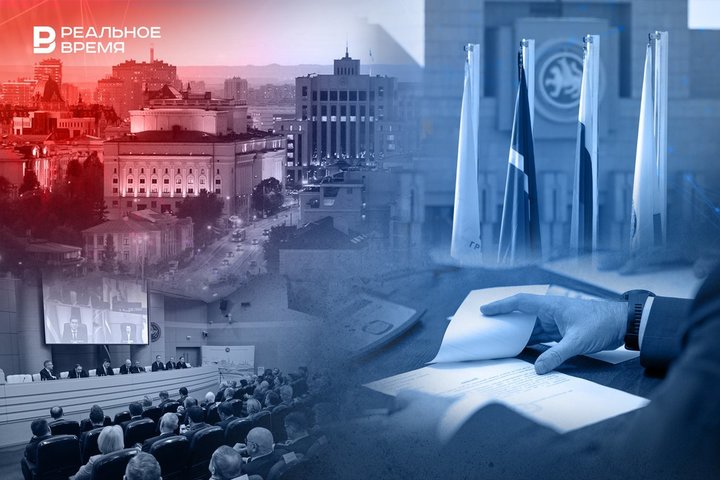
Tatarstan may be set for a restructuring of its executive authorities, aligning its ministries and agencies with the federal model, Realnoe Vremya has learned. One option under discussion is the consolidation of several institutions and a potential reshuffling of personnel. A well-informed source confirmed that regional authorities are already reviewing the proposal, but it remains too early to discuss specific actions or timelines. Read the details in the report.
Reorganisation awaits Tatarstan ministers?
Tatarstan’s government is reportedly discussing a possible reorganisation of its ministries and agencies to align them with the federal model, a well-informed source of Realnoe Vremya has revealed.
At the national level, Russia’s government consists of 21 ministries. Five of them — Ministry of Foreign Affairs, Defence Ministry, Ministry of Internal Affairs, Ministry of Emergency Situations, and Ministry of Justice — report directly to President Vladimir Putin, while the remaining 16, including Ministry of Healthcare, Ministry of Culture, Ministry of Natural Resources, Ministry of Education, Ministry of Finance, and Economic Development, fall under Prime Minister Mikhail Mishustin’s oversight.
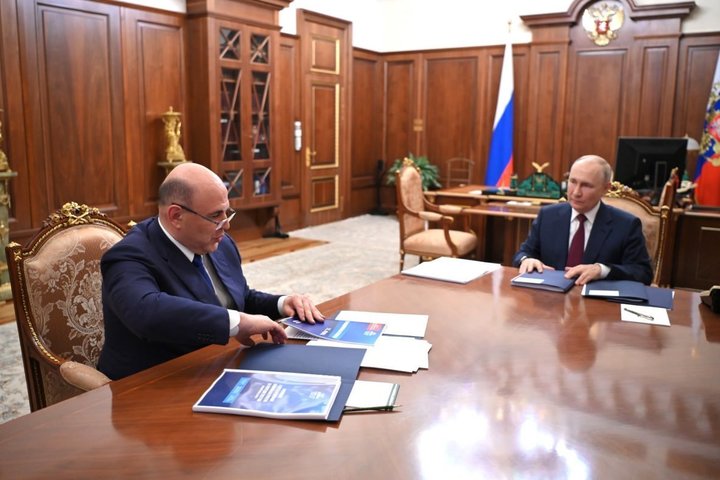
Tatarstan currently operates with 18 ministries, some of which exist only at the regional level. For instance, the republic has the Ministry of Forestry and the Ministry of Youth Affairs, whereas their federal counterparts function as agencies — Rosleskhoz and Rosmolodezh, respectively.
Notably, a proposal is under review to expand the responsibilities of Tatarstan’s Ministry of Youth Affairs to include tourism development. Previously, the ministry handled tourism-related tasks before they were transferred to the separate State Committee for Tourism.
“We have opportunities to reduce the number of civil servants”
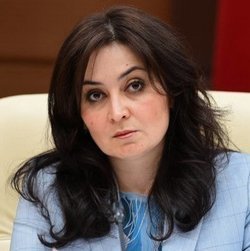
The last restructuring of Tatarstan’s executive bodies took place in autumn 2023, when the republic’s rais approved a decree outlining the composition of the government, including the rais himself, the Cabinet of Ministers, ministries, state committees, and other executive agencies. As part of these changes, Rustam Minnikhanov removed 12 regional and international representative offices from the government structure, stripping them of their official status as state bodies.
State Duma deputies from Tatarstan, contacted by Realnoe Vremya, stated they had no information regarding a potential reorganisation of the republic’s ministries. However, not all of them support the idea.
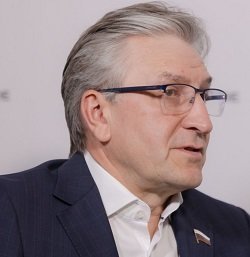
Reducing the number of civil servants across Russia is a realistic initiative. Starting July 1, 2025, the second phase of administrative reform begins, focusing on optimising the territorial branches of federal agencies. According to a presidential decree issued in October 2024, the number of civil servants is set to be reduced by at least 10%. The savings will be redirected toward increasing salaries for remaining employees. The optimisation aims to accelerate the adoption of digital technologies, improve resource efficiency, and enhance overall administrative performance. By the end of March, the government is expected to issue the necessary regulatory documents, while federal executive authorities must finalise their respective orders by the end of June.
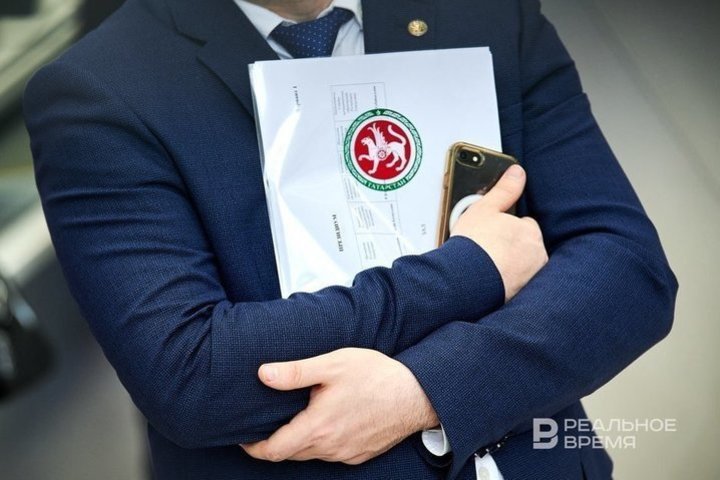
“How can tourism be transferred back to the Youth Affairs Ministry?”
There is still little information about the transformation of Tatarstan ministries. Especially about the unification of two structures involved in youth policy and tourism development. The thing is that Rostourism was abolished in 2022, its functions were transferred to the Ministry of Economic Development, where two departments were created for these purposes. One of them is responsible for the development of the country's tourism potential, while the other is responsible for the implementation of tourism projects.
In 2014, Tatarstan restructured its executive bodies, separating the Ministry of Youth Affairs, Sports, and Tourism into two entities: the Ministry of Youth Affairs and Sports and the State Committee for Tourism. However, the possibility of returning tourism development responsibilities to the Ministry of Youth Affairs has been met with skepticism by experts and lawmakers.
Her concerns are echoed by fellow deputy Ildar Gilmutdinov: “How can tourism be transferred back to the Youth Ministry when we already separated it and gave it the status of a State Committee? This simply won’t happen. Moreover, at the federal level, tourism is under the Ministry of Economy, not a federal agency. I highly doubt such a change will take place.”
“Perhaps this is related to the elections, someone is already considering options today”
Meanwhile, Russia has long been discussing the creation of a new federal ministry for youth policy and education. Last spring, Vedomosti was informed about this by four sources close to the presidential administration. According to one of them, the ministry could have been created “on the basis of Rosmolodezh” as a result of the transfer to it of part of the functions of the Ministry of Education for the patriotic education of children.
But there was no talk of developing the tourism sector, and besides, the republic believes that the State Committee for Tourism of the Republic of Tatarstan is working quite successfully.
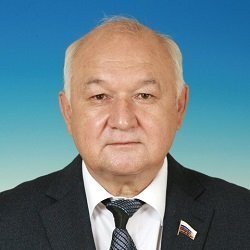
Meanwhile, Tatarstan lawmaker Eduard Sharafiev has expressed general support for restructuring the executive bodies in the republic. However, he believes the changes will not be too drastic.
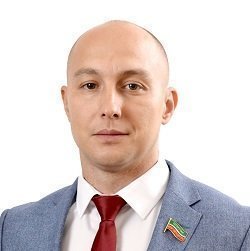
According to him, this is how the country's management system is being unified. Is this a good thing or a bad thing? From the point of view of current tasks, in his opinion, this is good. However, the deputy doubts that in Tatarstan the entire structure of ministries and departments will be built by federal standards.
“At least because the republic has its own specific interests, achievements and its own functionality, which differs from many regions. For example, we have the Investment Development Agency of the Republic of Tatarstan, which was created for certain tasks and, in my opinion, performs them quite effectively, including in the framework of interaction with foreign investors. The same can be said for some other areas of work. So if there is a unification of the structure, it will not be absolute. Tatarstan will still have its own administrative institutions to perform specific tasks," he concluded.